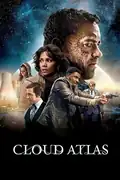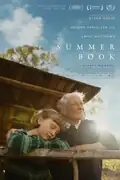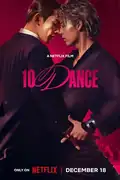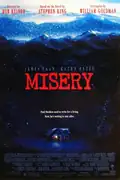Where to watch
Available at home
A retired fighter trains a young protégé for boxing success.
Trailer
Why watch the movie Rocky V?
Hint: In a race across the US heartland, a red car discovers the true meaning of friendship.

Think you can guess today's movie? 🤔

One hint, 6 chances, and a new movie to guess every day
Reluctantly retired from fighting, Rocky takes charge of Mickey's gym and agrees to train a young protégé who's hungry for success.










"'Rocky V' is certainly the lowest point of the Rocky Balboa franchise, the Italian Stallion. Directed by John G. Avildsen (the same as 'Rocky: A Fighter') and once again with a screenplay by Sylvester Stallone, the film takes the title character out of combat due to health problems caused by the climax of 'Rocky IV', placing him as the coach of Tommy Gunn, a rebellious boxing talent. There is a lack of connection in the attempt to "return to the origins" in Philadelphia, it is almost impossible for the viewer to sympathize with Tommy and seeing Stallone almost as a supporting actor does not help. In addition, the climax of the feature film is a street fight between the two. Unfortunately, the failure of the production put the franchise in a limbo, from which it would take a long time to come out. Indicated only for those who are fans of boxing films and who, mainly, are marathoning the entire franchise - although little of this story is used in what will come later."